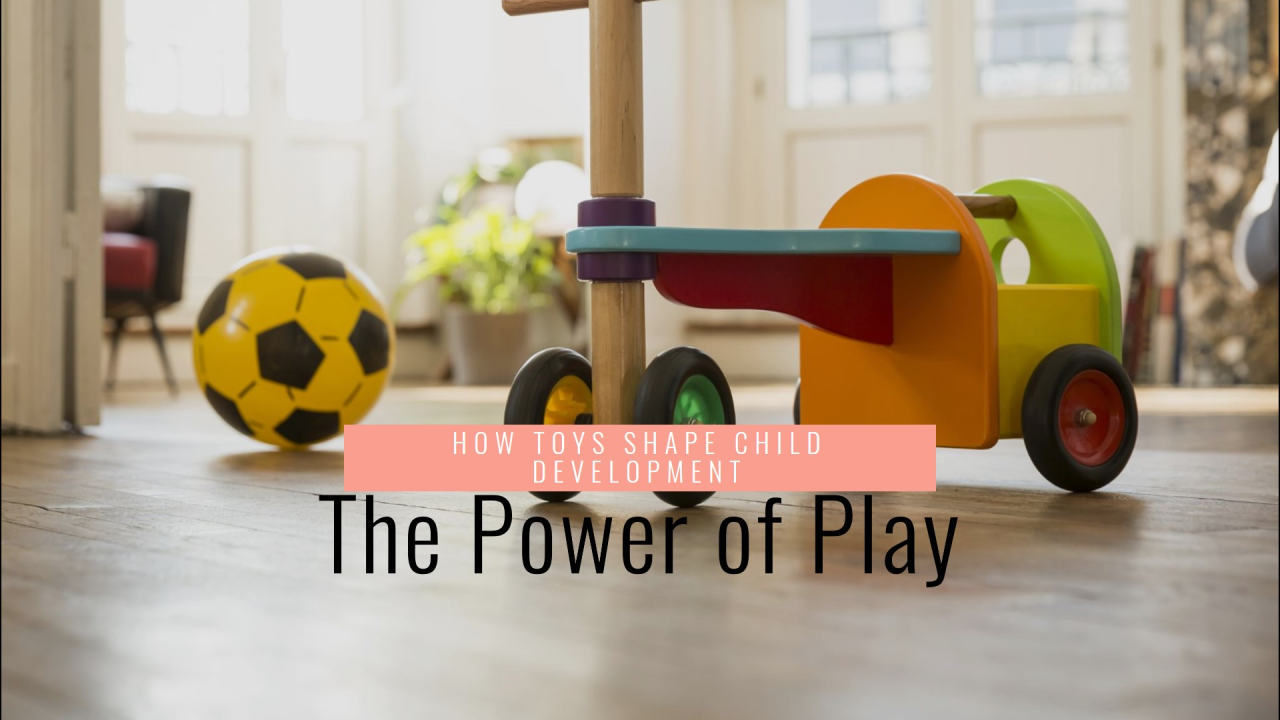The Importance of Play: How Toys Shape Child Development
Play is a vital component of a child’s growth, shaping their cognitive, emotional, and physical development. Through play, children learn to interact with the world around them, process complex ideas, and build essential life skills. Toys serve as the tools of this play, making their selection a crucial aspect of child development.
Cognitive Growth through Play
Educational toys that involve problem-solving, such as puzzles, building blocks, or interactive games, promote critical thinking and creativity. When a child engages with these toys, they are learning to analyze situations, make decisions, and overcome challenges. For example, a child building a Lego structure is not only learning engineering principles but also understanding spatial relationships and improving concentration.
Emotional and Social Development
Toys also play a major role in helping children understand emotions and develop social skills. Dolls, action figures, and pretend-play sets allow children to act out real-world scenarios, exploring different roles and emotions in a safe environment. This type of play helps children empathize with others and practice communication skills, fostering emotional intelligence.
Physical Development and Coordination
Toys that encourage physical activity, such as tricycles, balls, or ride-on toys, are essential for developing motor skills. These toys help children enhance their balance, coordination, and overall physical health. Even simpler toys like shape sorters and stacking rings contribute to fine motor development, teaching children how to manipulate objects and understand cause and effect.
Encouraging Creativity and Imagination
Toys such as art supplies, building sets, or role-play kits ignite creativity. Through imaginative play, children can explore new ideas, create their own stories, and develop out-of-the-box thinking. These skills will be valuable in adulthood, helping them adapt to complex situations and come up with innovative solutions.
Building Independence and Confidence
As children engage in play, they gradually learn how to complete tasks on their own. Solving puzzles, creating structures, or mastering new toys builds confidence, teaching them that they can accomplish things through effort and practice. This sense of achievement is crucial for their self-esteem and independence.
In conclusion, toys are far more than mere entertainment. They are powerful tools that shape various aspects of child development. By selecting toys that align with your child’s developmental stage and interests, you can encourage growth across cognitive, social, emotional, and physical domains. At Kidankam, we believe in providing toys that inspire creativity, learning, and growth for children of all ages.







Add comment